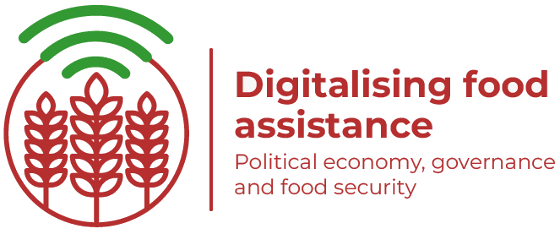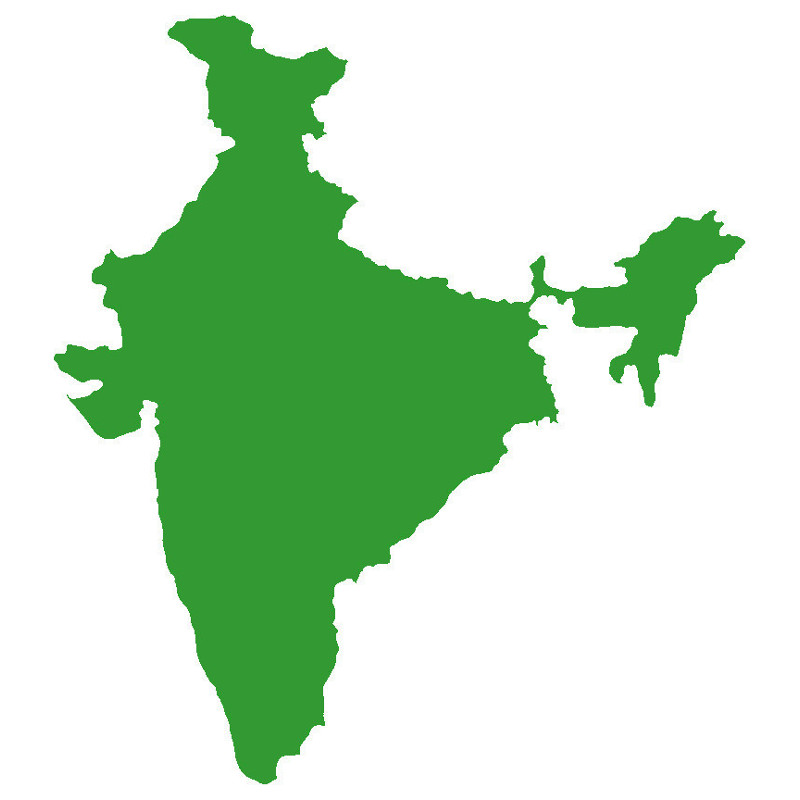A major 3-year ESRC- funded project examining how digitalising food assistance has influenced access to food for marginalised populations and its role as a source of power. We’re working in Sudan, India and the UK. The project is situated in the SOAS Food Studies Centre.
Latest News
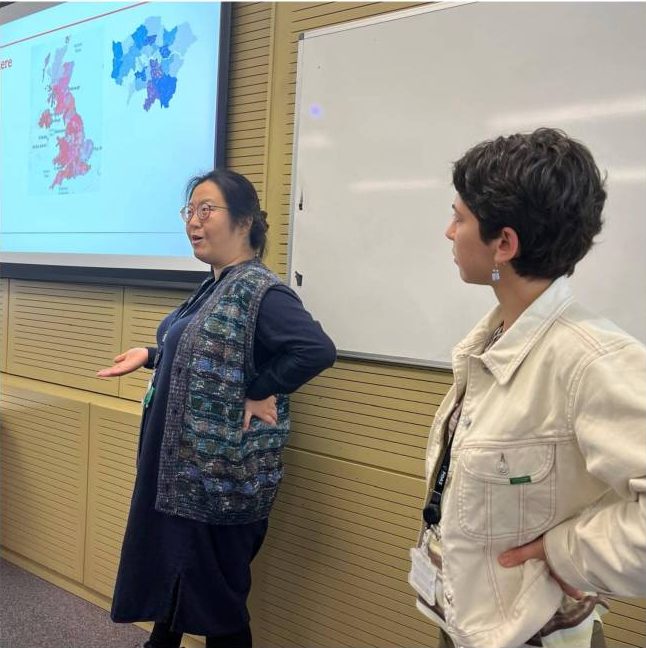
Event
7 November 2024
The UK team co-delivered an interactive workshop “Digital Solutions for Food Insecurity: Can Technology Address Food Access Challenges?”

Publication
31 October 2024
In this blog, IHSA Vice-President and Senior Research Fellow at the Food Studies Centre at SOAS (University of London) Susanne Jaspars summarises and expands upon a contribution to the roundtable that followed the inaugural IHSA Annual Lecture on “War and Humanity” held in Bergen in May 2024.
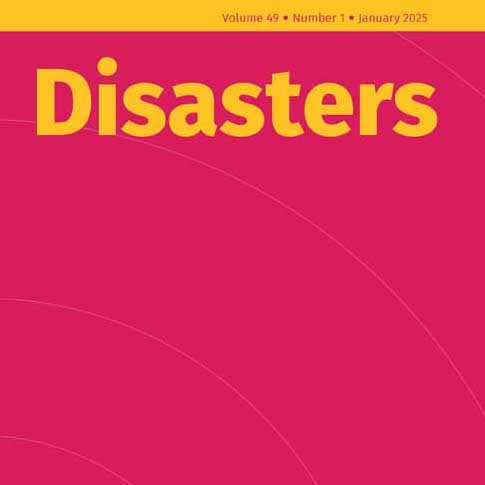
Publication
30 October 2024
This article, originally published on 30 October 2024 by Disasters, explores the role of historical, political, and economic processes in understanding war and famine in Sudan after 2023.

Event
16 July 2024
From 16-19 July 2024, Sathya and Susanne participated in a conference in Amsterdam organised by the European Association for the Study of Science and Technology (EASST) and the Society for Social Studies of Science (4S).

Multimedia,Press
20 April 2024
In this podcast, Dr Susanne Jaspars and Dr Tamer Abd Elkreem speak with Amnesty International Students Rotterdam about the ongoing crisis in Sudan.
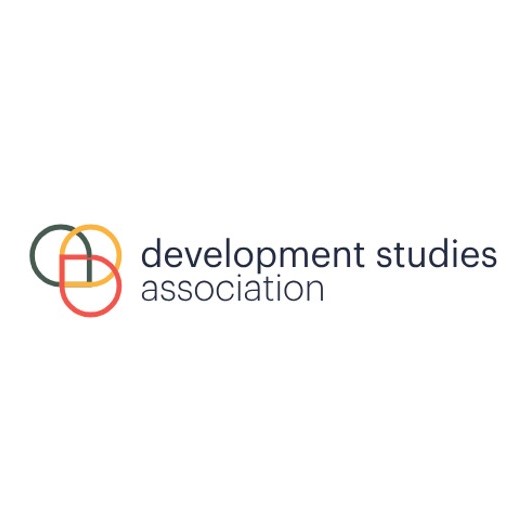
Event
12 June 2024
Check out our panel on ‘governance, politics and food security’ at the upcoming DSA conference.
